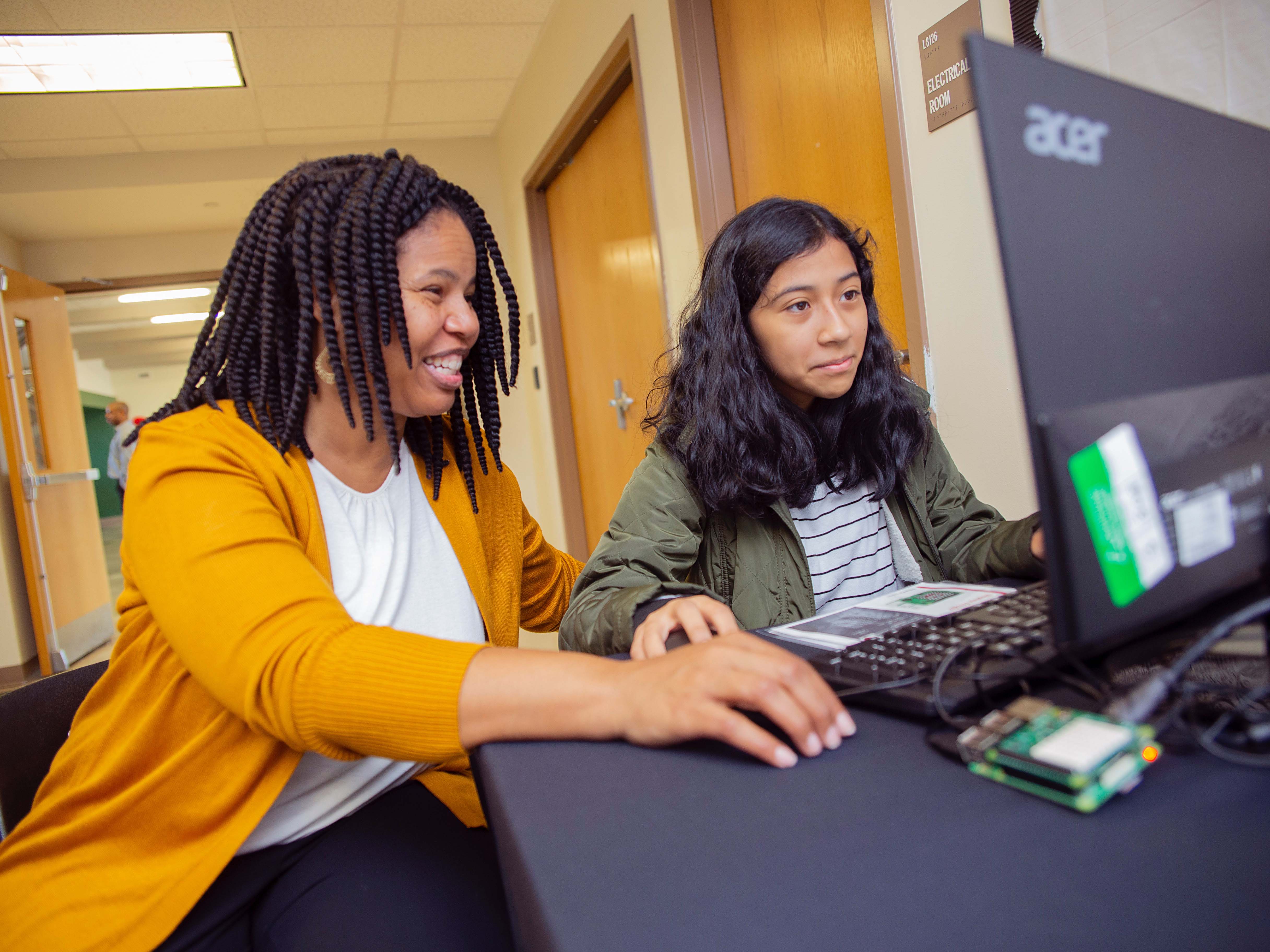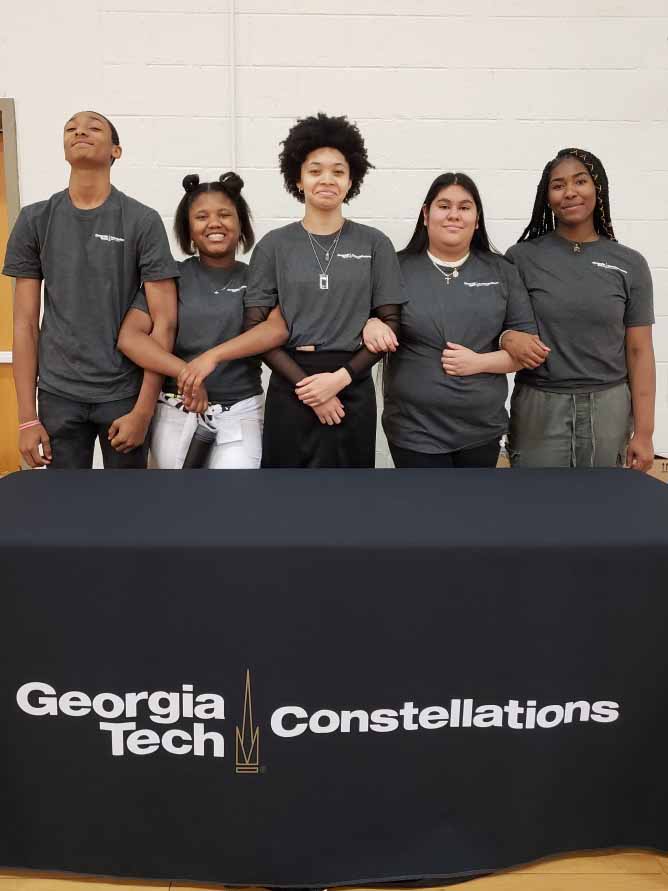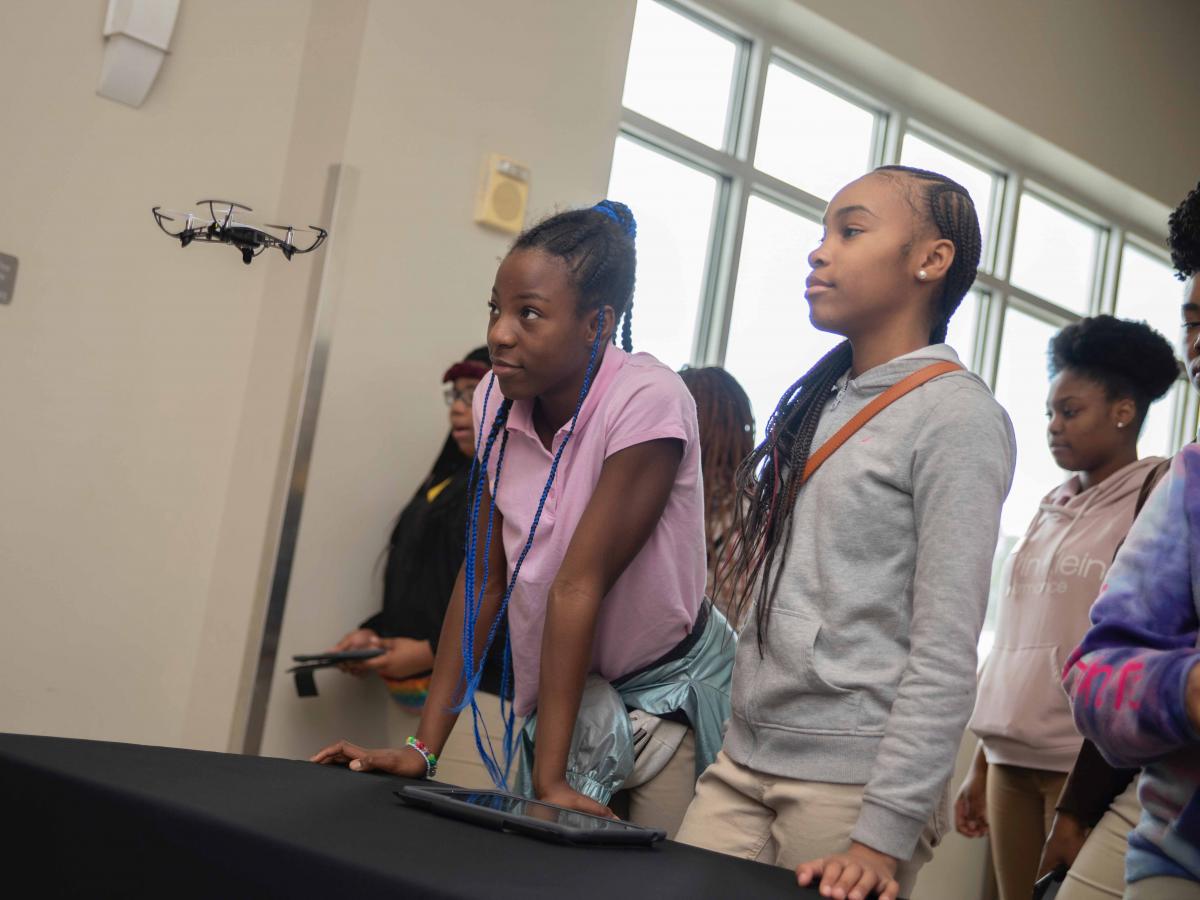
Building Community Beyond CSEd Week
I remember the very first Computer Science Education Week (CSEdWeek). It was ten years ago and the campaign was to create and establish policies to increase support for and awareness of computer science (CS) education across the United States. While raising support and awareness is still an important part of CS education efforts, the focus for CSEdWeek since then has largely shifted to encouraging schools to get students to program a few lines of code in a way that is fun and easy.
While awareness and support and activities like Hour of Code are off the charts, I still see huge gaps in the CS community. It’s important that we do a better job of building community with key stakeholders in our community and encourage them to take an interest in K-12 CS education. We need more people who see what we’re doing and say, “Now I get it. How can I help more people get it too?”
With that in mind, the Constellations Center for Equity in Computing (Constellations) chose to take computer science to the high school community in Atlanta, reaching beyond our typical classroom doors. Led by our fellows, volunteers from U.S. Bank and Elavon, and school administrators, Constellations conducted CS carnivals at five high schools in Atlanta Public Schools in honor of CSEd Week.

Our objective was simple.
We wanted to get more students interested in taking CS courses, especially females and other underserved groups.
While we didn’t have cotton candy or a Ferris wheel like a typical carnival, our CS carnivals still packed a ton of fun AND knowledge into a few hours. To do this, we selected 7-8 stations that offered a variety of non-threatening computer programming tasks, including unplugged activities that focused on computational thinking, programming drones to complete a circuit, using Raspberry Pi to create their own emoji, and deciphering how to physically walk through a network map to sort numbers.

A key to planning events like these was getting school administrators on board and involved. Our external volunteers from U.S. Bank and Elavon were also crucial to facilitating so many stations. We also invited parents to participate either by running a station or simple to attend, observe, and learn more about the CS courses being offered at their child’s school.
We feel that by allowing schools to take ownership of the event, letting external volunteers meet future generations of technologists, and allowing parents to see first-hand what their children are learning in CS was an important stepping stone in building a community in Atlanta that prioritizes and understands the importance of CS education.
Building community to support of CS education efforts is especially important in schools with majority minority or underserved students. An idea like this can be used as an opportunity to give stakeholders a reason to get involved. We need them to invest time in order take a deeper interest in K-12 CS education and to become advocates that can positively impact policy, funding opportunities, and implementation for CS education.
It is my hope that as this community grows and strengthens, that concerted efforts to raise awareness and support for CS education and recruit underrepresented students will not be relegated to one week out of the year. We are proud of our carnivals, and recognize that there is still so much to be done to increase access and equity in computing. It just takes a bit of work, one week at time.



